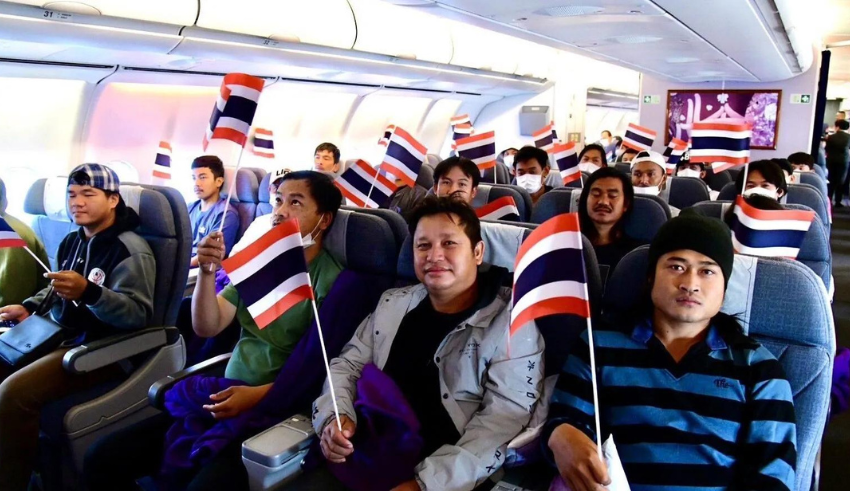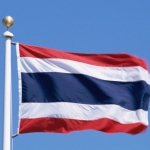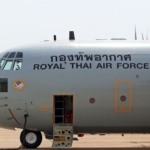
Amidst the tumultuous aftermath of Hamas’s recent actions in Israel, a revelation has surfaced that defies convention. It appears that a significant portion of the hostages taken by the militant group are not the nationality they first appeared to be.
Startlingly, over half of the roughly 220 hostages are found to be in possession of foreign passports, including some who hold dual citizenship, a revelation that unraveled from the Israeli government’s disclosures on October 25.
How this all began
This eclectic mix of victims hailing from all corners of the globe includes a dozen bewildered Americans, along with individuals of German, Argentine, French, Russian, and Filipino descent. Yet, the most astonishing revelation of all is the largest contingent, numbering 54, who are natives of Thailand.
The discovery unravels a complex tapestry of labor migration, economic aspirations, and the intricate nuances of human rights within Israel. These Thai hostages embarked on their journey from impoverished regions of Thailand, lured by the promise of better job opportunities and higher wages within the agricultural sector of Israel.
Keep Reading
Their primary destination was the cooperative agricultural communities, where they were meant to bolster the foreign workforce. However, the harsh realities they faced upon arrival were a far cry from their initial aspirations.
For many, the road to Israeli employment was paved with exorbitant fees paid to labor agencies. Yet, upon arrival, their dreams quickly disintegrated in the face of excruciatingly long working hours, a lack of breaks or rest days, confiscated passports, deplorable living conditions, and restricted mobility to switch employers due to stringent work permit regulations.
It’s an intricate web of complexities, where the quest for economic improvement leads individuals far from home, forcing them to navigate a labyrinthine landscape of expectations and sobering realities.
It serves as a somber reminder of the delicate balance that migrant laborers must strike as they seek a brighter future in distant lands, all the while negotiating a complex interplay of expectations and the stark, often unforgiving, realities they encounter.



























